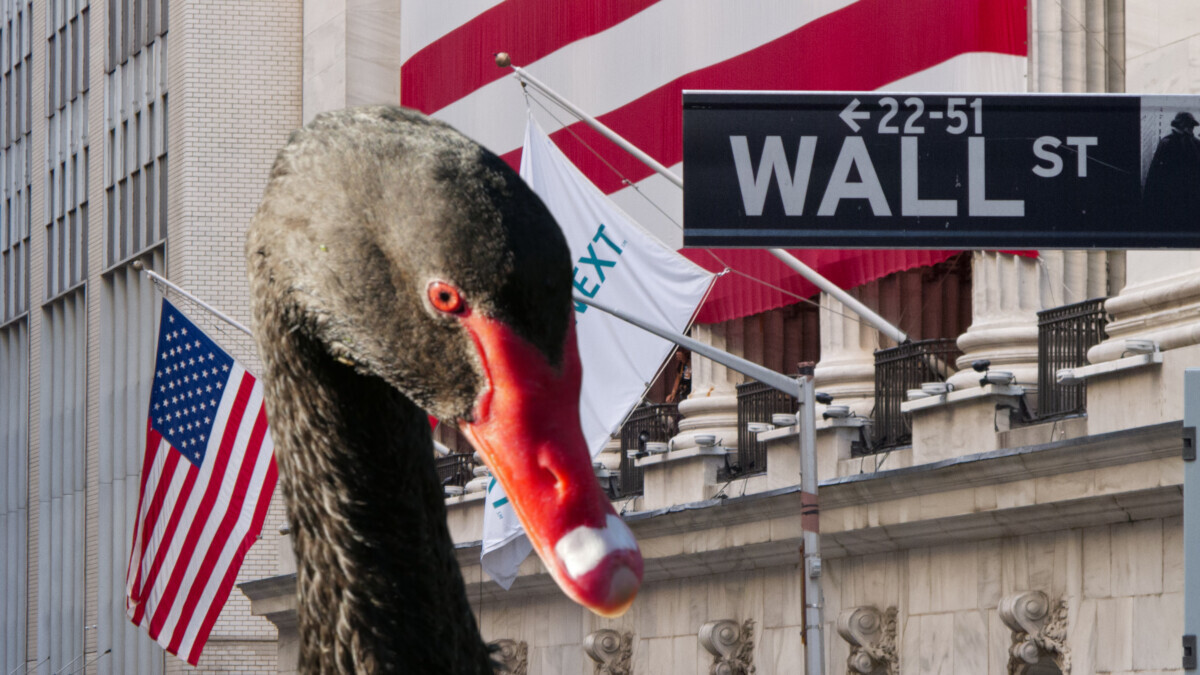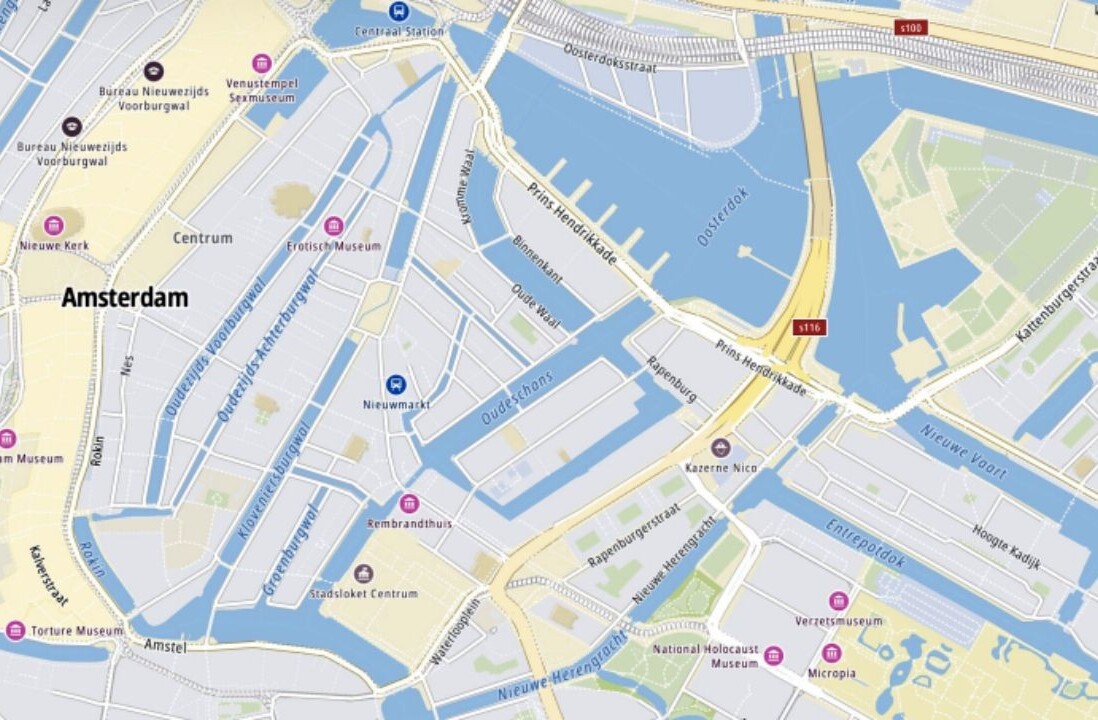
Sequoia Capital, the seminal Silicon Valley venture fund, has urged its startups question every assumption about their businesses in order to survive the coronavirus threat.
“Coronavirus is the black swan of 2020,” said Sequoia in a letter to founders and CEOs published to its Medium blog Thursday evening.
“Black swans” are rare, unexpected events that heavily influence global activity. Often-cited examples include the advent of the personal computer, the internet, and the September 11 terrorist attacks.
“[…] With lives at risk, we hope that conditions improve as quickly as possible. In the interim, we should brace ourselves for turbulence and have a prepared mindset for the scenarios that may play out.”
[Read: Scientists need your computing power to find a cure for coronavirus]
The fund urged execs to re-assess their cash runways, and ask themselves whether their companies withstand a few poor quarters in a row. Founders were warned that raising extra funding might not be an option should things continue downward, but added that its previously made choice investments during difficult times like these.
Sequoia, established in the early 70s, specializes in seed, startup, early, and growth stage ventures in the tech industry. It’s made influential investments in household names such as Oracle, Google, LinkedIn, PayPal, Instagram, YouTube, Apple, and Yahoo!
Its sombre letter comes just as market sell-offs intensify on the back of growing coronavirus-related fears, after last week saw their worst performance since 2008’s global financial crisis.
Tech startups should consider contingency plans, Sequoia
Coronavirus cases, which now exceed 100,000, have been confirmed in almost every country in the world. Most fatalities have been in China, where it’s now killed more than 3,000 people, with South Korea, Italy, and Iran the next hardest-hit.
While some companies might benefit economically from the outbreaks, major international companies have suffered supply chain interruptions under the weight of global coronavirus outbreaks, particularly in the automotive and electronics industries.
Raw material shortages and extended factory closures have exacerbated those interruptions, with US ports reportedly expecting up to 20% less in cargo volumes as a result.
Contingency plans need to be in place, says Sequoia, and investigations made into where expenses could be trimmed without hurting business operations fundamentally — or else potentially face painful consequences in the near future.
“Having weathered every business downturn for nearly 50 years, we’ve learned an important lesson — nobody ever regrets making fast and decisive adjustments to changing circumstances,” added the firm. “In downturns, revenue and cash levels always fall faster than expenses. In some ways, business mirrors biology. As Darwin surmised, those who survive ‘are not the strongest or the most intelligent, but the most adaptable to change.'”
Get the TNW newsletter
Get the most important tech news in your inbox each week.




